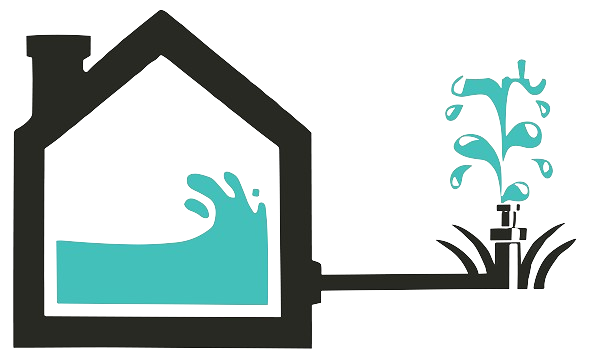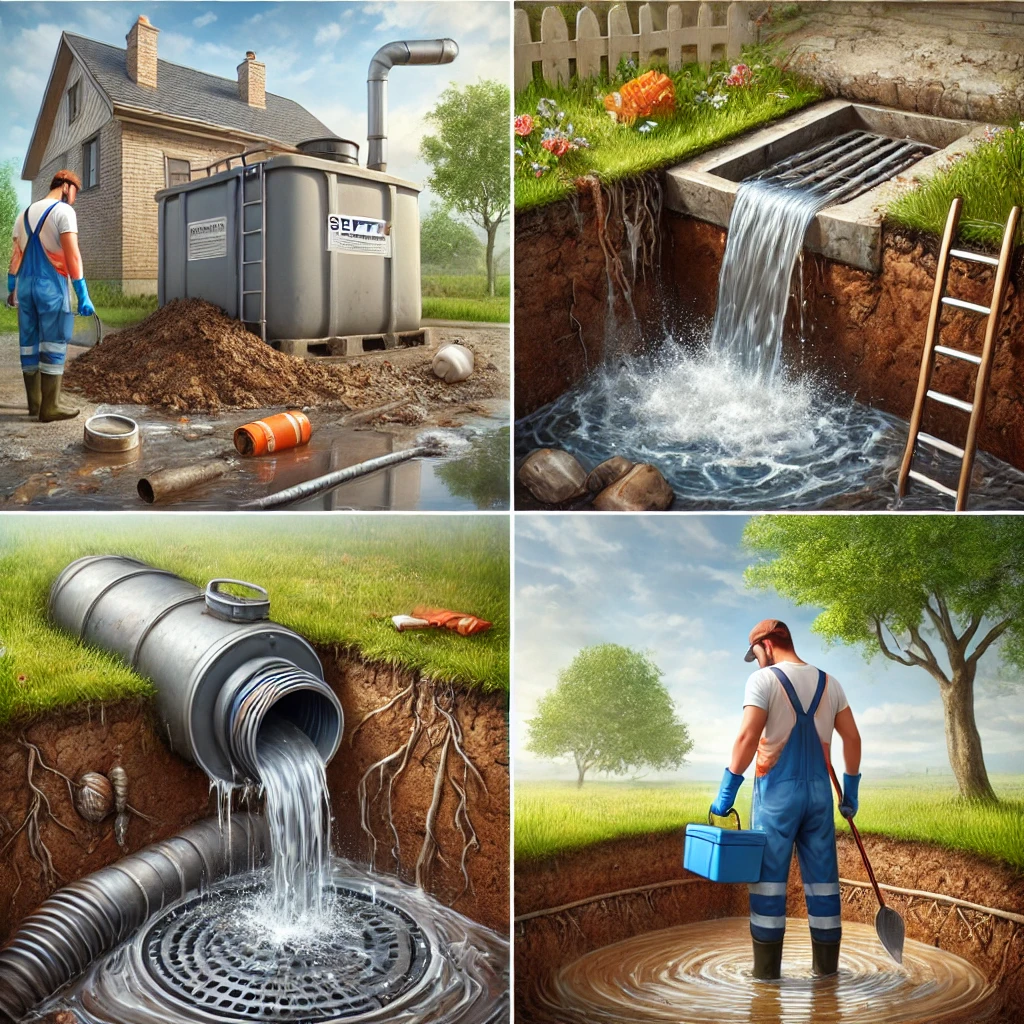Your septic system is a critical part of your home, working behind the scenes to manage wastewater. While it may seem like it can run forever without attention, neglecting regular maintenance can lead to costly and unpleasant problems. Here’s a simple breakdown of the risks of ignoring septic maintenance and why proactive care is so important.
1. System Backups and Overflows
Without regular maintenance, sludge and scum can build up in the tank, reducing its capacity and efficiency. This leads to wastewater backing up into your home or yard.
- Impact: Foul odors, health hazards, and expensive cleanup costs.
- Solution: Regularly pump your tank every 3-5 years to prevent buildup.
2. Drain Field Failure
When the septic tank becomes overloaded, untreated wastewater can flow into the drain field, causing clogs and soil saturation.
- Impact: Pooling water in your yard, slow drainage, and potential system replacement.
- Solution: Schedule routine inspections to ensure the drain field is functioning properly.
3. Environmental Contamination
A failing septic system can leak harmful bacteria, viruses, and nutrients into nearby soil and water sources.
- Impact: Contaminated drinking water, unsafe swimming areas, and damage to local ecosystems.
- Solution: Keep your system in compliance with local regulations through regular maintenance.
4. Increased Repair Costs
Minor issues, like small cracks or clogs, can be easily fixed during routine maintenance. Ignoring them allows these problems to worsen, leading to more extensive and costly repairs.
- Impact: A minor repair costing $200 could turn into a $5,000 system replacement.
- Solution: Annual inspections can catch problems early.
5. Reduced System Lifespan
A well-maintained septic system can last 20-40 years or more. Neglecting maintenance shortens this lifespan significantly.
- Impact: Premature system failure and the need for a costly replacement.
- Solution: Follow a regular maintenance schedule to maximize your system’s longevity.
6. Health Hazards
Raw sewage contains harmful pathogens that can pose serious health risks to you and your family if it leaks into your home or yard.
- Impact: Increased risk of illnesses caused by exposure to bacteria, viruses, and parasites.
- Solution: Ensure the tank and drain field are working correctly through regular maintenance.
7. Property Value Decline
A failing septic system can lower your property’s value and make it harder to sell your home.
- Impact: Potential buyers may require proof of a working system, and repairs could delay the sale.
- Solution: Maintain records of pumping and inspections to show prospective buyers your system is in good condition.
8. Fines and Legal Issues
Neglected septic systems can violate local health and environmental regulations, leading to fines or other legal consequences.
- Impact: Fines that could range from hundreds to thousands of dollars.
- Solution: Stay compliant by following your local health department’s guidelines.
Why Regular Maintenance Matters
Septic system maintenance isn’t just about avoiding problems—it’s about protecting your home, health, and the environment. Routine care is far more affordable and less stressful than dealing with a system failure.
How to Maintain Your Septic System
- Pump Regularly: Every 3-5 years, depending on household size and tank capacity.
- Inspect Annually: Have a professional check for leaks, clogs, and other issues.
- Conserve Water: Reduce strain on your system by fixing leaks and using water-efficient appliances.
- Flush Smart: Only flush waste and septic-safe toilet paper—no wipes, grease, or chemicals.
- Protect the Drain Field: Avoid parking vehicles or planting trees near the area.
The Bottom Line
The risks of ignoring septic maintenance include backups, environmental contamination, costly repairs, and more. Regular pumping, inspections, and smart water habits will save you money and ensure your system works efficiently for years to come.
Take care of your septic system, and it will take care of you. Simple, right?

